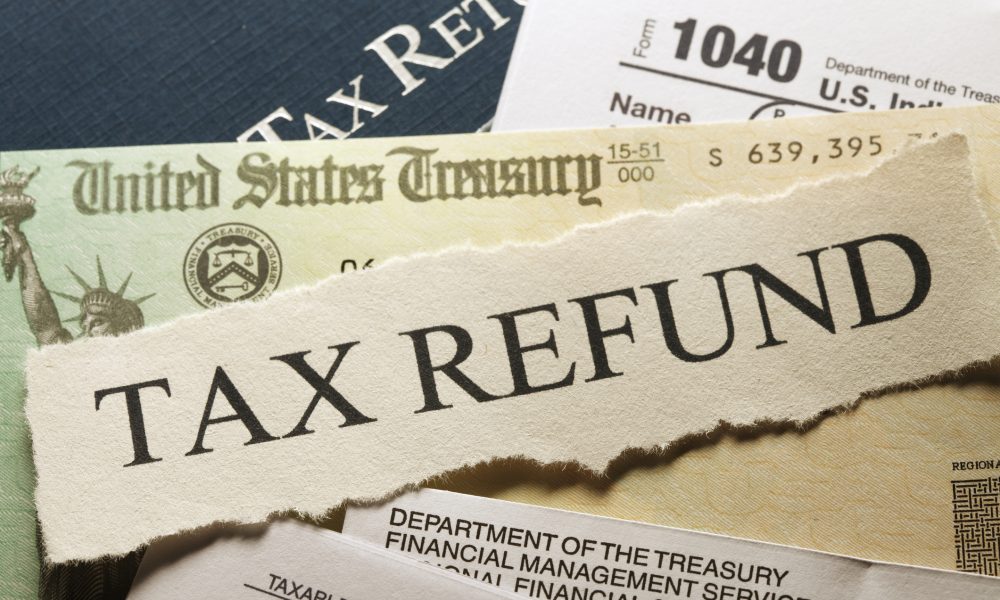5 ways to minimize your tax liability with real estate
It is tax time once again, and that can feel like a scrimmage with dear Uncle Sam. Your best move requires getting a handle on your tax bracket. But what are tax brackets? How do you tell which one you are in, and how can you get into a lower tax bracket? Here, we’ll walk you through the ins and outs of tax brackets and some things you can do to minimize your tax liability.
What Is a Tax Bracket?
Simply put, a tax bracket is a range of income that is subject to a particular income tax rate. Our tax rate increases as our income increases. There are seven federal income tax brackets for 2023 and 2024, ranging from 10% to 37%.
It is important to note that your highest tax bracket is in most cases not the tax rate that applies to all of your income. Say for example you moved from the 22% tax bracket to 24%. All of your income isn’t taxed at 24%, only the amount that exceeds the maximum for the 22% tax bracket. It is a common misconception that earning additional income results in all of your income becoming subject to a higher tax bracket. That is simply not the case.
Let’s say you made $80,000 in taxable income during 2023 and you filed as unmarried. According to the IRS, the first $11,000 of that income would be taxed at 10%, the next $11,01 to $44,725 taxed at 12%, and the final $44,726 t0o o$80,000 would be taxed at 22%. Some of your income would be taxed at 10%, some at 12%, and some at 22%.
What Determines Your Tax Bracket?
Your highest tax bracket is determined by two factors: the amount of taxable income you earned during the year and your filing status. The filing statuses are single, married filing jointly, married filing separately, head of household, and qualifying widow(er) with dependent child.
How to Change Your Tax Bracket
There are many options available to you for lowering your taxable income, including:
- Contributing to pre-tax retirement accounts.
- Contributing to a health savings account.
- Deducting business expenses.
- Depreciating certain business purchases.
- Claiming deductions.
- Donating to charity.
Lowering Your Tax Liability with Real Estate
Investing in real estate offers many tax benefits and gives the investor ample opportunity to lower their tax bracket. You can deduct expenses directly tied to the management, operation, and maintenance of the property, including things like property taxes, insurance, mortgage interest, and repair and maintenance costs.
You can also take advantage of depreciation, the incremental loss of an asset’s value due to general wear and tear. This can be deducted as an expense on your taxes, allowing you to lower your taxable income and reduce your tax bracket. The federal government allows you to take the depreciation deduction for the entire expected life of a property, which currently is 27.5 years for residential properties and 39 years for commercial properties.
However, once you sell a property you will be taxed on the depreciation you claimed, but you can address this by using other tax strategies, such as a 1031 exchange, which allows you to exchange an investment property for another property of equal or higher value and defer the capital gains tax payment on the profit the sale. You can also take advantage of capital gains where taxes are assessed on the difference between what you paid for the property and the sales price.
If you own rental property as a sole proprietor, part of a partnership, or through an LLC or S-Corp, you can take advantage of a pass-through deduction. The rent money you collect is considered qualified business income (QBI), and this deduction allows you to deduct up to 20% of your QBI on your personal taxes. However, keep in mind there are some rules and regulations you must follow, so consult with your accountant before moving forward with this deduction. Also keep in mind that this deduction is set to expire in 2025.
Tax time can be stressful, but by reviewing these options with a tax professional you can lower your tax bracket and minimize your tax liability.

